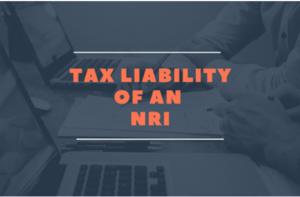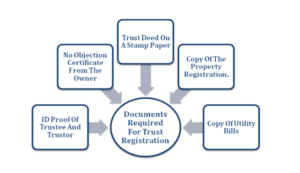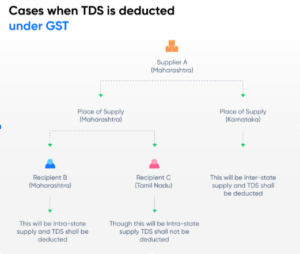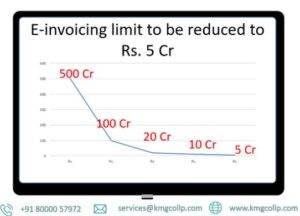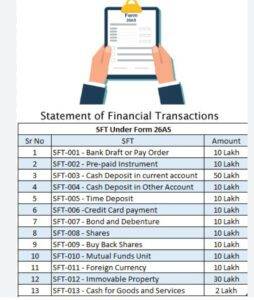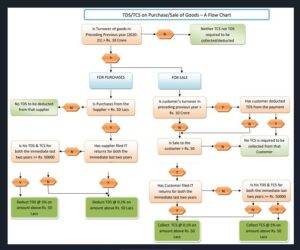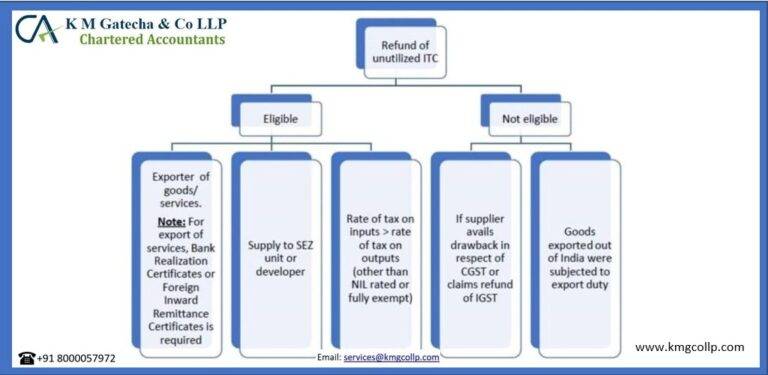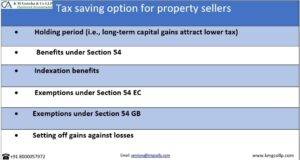
Perhaps of the most thought-out and heatedly talked about issue in corporate administration has forever been compensation of Leader and Non-Chief Chiefs. The subject has become more significant as it includes the money outpouring from the organization, the estimation of net benefits, revelations to Investors, the endorsement of Chiefs, Investors, and the Compensation Panel.
We will first discuss the various types of directors before getting into Director compensation.
Chiefs are individuals from the gathering known as the Governing body, who are liable for charge of directing, making due, and directing an organization’s tasks.
Managing Director: A director who has been given substantial management authority over a company through the company’s articles, an agreement with the company, a resolution passed by the company general meeting, or the Board of Directors is known as a managing director.
An executive director is the director who works full-time for the company. They are held to a higher standard because they are in charge of the company’s affairs. They should be determined and wary in the entirety of their dealings.
Director who does not participate in the day-to-day operations of the company is called a Non-Executive Director. They might challenge the executive directors to make decisions that are best for the company by participating in the planning or policy-making process.
Chiefs Compensation versus Compensation:
Compensation is a subcategory of compensation. A salary is a regular payment of a set amount to an employee; this sum is fixed and settled upon by both the Worker and the Business. ” A method of remunerating an individual for services rendered to a company is known as “remuneration.” It alludes to any cash or identical given to anybody in return for administrations delivered. It incorporates perquisites as characterized by the Personal duty Demonstration of 1961.
The Companies Act of 2013 mandates that directors be aware of managerial compensation.
Both a confidential restricted organization and a public restricted organization are expected to follow guidelines with respect to the installment of administrative compensation.
There are a few different techniques at which Public Restricted Organization can pay compensation/pay to Chiefs –
- The maximum compensation that can be paid is 5% of the company’s net profits if there is only one manager.
- Organization with more than one overseeing chief/entire time chief/director will pay most extreme compensation of 10% of the net benefits of the organization
- By and large cutoff on compensation/pay payable is limit of 11% of the net benefit. whether they are full-time or managing directors.
However, if the company does not make a profit or has insufficient profits or losses, it can still pay compensation within the limits listed below:
Maximum remuneration for a Director :
If paid up share capital of a Company is (Rupees) | Highest limit for Remuneration to a Director (Rupees) |
Less than 5 crores | 30 lakhs |
5 crore or more but less than 100 crore | 42 lakhs |
100 crore or more but less than 250 crore | 60 lakhs |
250 crore and above | 60 lakhs along with 9.99% of the capital in excess of Rs.250 crore |
In the event that an organization creates an adequate gain, it can pay its overseeing chief or full-time supervisor compensation of up to 200% of the previously mentioned administrative compensation on the off chance that investors endorse through an extraordinary goal.
The company may pay a managerial director 2.5% of current relevant profits and up to 5% with shareholder approval through a special resolution if he does not own shares worth Rs.5 lakhs or more and has not been related to any promoter in the two years prior to his appointment as a managerial person.
The benefit determined under area 198 is the ongoing important benefit. It pertains to any and all normal operating expenses incurred by the managerial person outside of their roles as an employee, director, or shareholder of the business, its holding companies, or subsidiaries.
The accompanying perquisites will not be remembered for the calculation of the compensation roof determined in areas II and III:
A PF, superannuation fund, or annuity fund is not subject to tax under the Income-tax Act of 1961 (section 43 of 1961).
For each year of service, the gratuity must not exceed half of the employee’s salary. Leave can be taken away at the end of the job.
According to clause (a), no contribution to a PF (Provident fund), superannuation fund, or annuity fund that exceeds the tax-deductible limits established by the Internal Revenue Code of 1961 is eligible for consideration as managerial compensation. whether or not there will be a profit.
Only Public Limited Companies are subject to Section 197, not Private Limited Companies. Therefore, regardless of whether profits are adequate or inadequate, Private Limited Companies are permitted to pay compensation at any rate and without restriction.
Punishment for resistance
On the off chance that any individual makes any default in consenting to the arrangements of segment 197, he will be responsible to a punishment of one lakh rupees and assuming any default has been made by an organization, the organization will be obligated to a punishment of five lakh rupees.
FAQs
What is Section 197 and 198 of the Companies Act 2013?
Section 198 is incorporated into the Companies Act, 2013 for the simple reason of ensuring standardisation of the computation of the net profit for the purposes of Section 135 which provides for corporate social responsibility— and Section 197, which provides for managerial remuneration.
What is the maximum remuneration to one whole time director?
As per Section 197 of the Companies Act, 2013 total managerial remuneration payable to Whole time directors does not exceed 11% of the net profit of the company. In the case of Managing Director, Whole-time Director or Manager-upto 5% of the net profits of the company, if there is only one such director.
What is the remuneration of directors?
Directors’ remuneration is the payment made for services or employment of directors on the board the company or corporation. Directors may be compensated by fee, salary, and or use of the company’s property as an agreement between them and the company.


Table of Contents
Toggle






